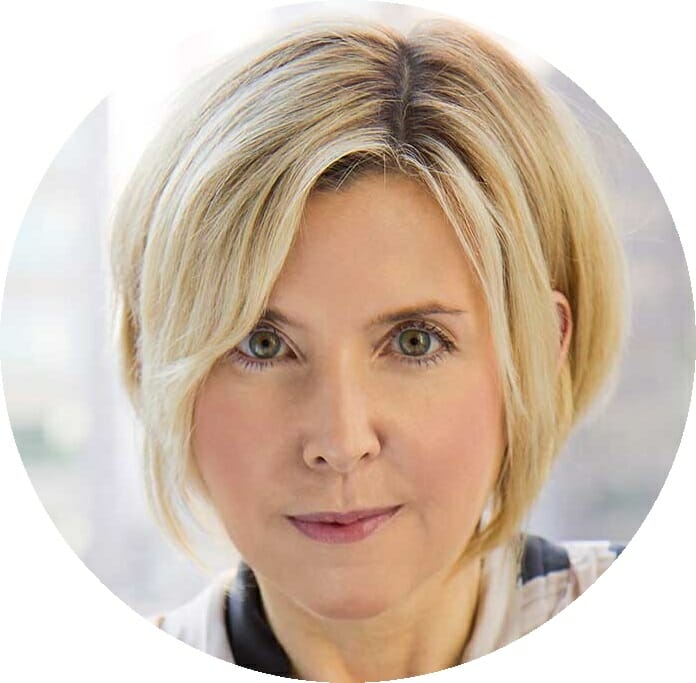Humans have a complex relationship with technology. On one hand, we traverse our day-to-day lives tethered to our smartphones. We handle our banking online and don’t think twice as we converse with an AI-powered chatbot.
On the other, our fearful side reminds us to proceed with caution. Some experts predict that five million jobs will be replaced by machines by 2020, many of those being white-collar administrative jobs. What’s more, we feel inundated by all the data and “inputs” coming our way.
See also: McCann Health’s June Laffey on why change is good in health
Healthcare is one industry that hangs in this delicate balance, in large part due to the fact that it necessitates a blend of science and empathy — that somewhat-elusive understanding all great doctors possess.
In 2012, when fitness wearables came into vogue, pundits were quick to christen them the “next biggest thing” and predicted that users would soon be self-diagnosing. But as more data flooded in, we realized the value of understanding all of this data. We got the “health” without the “care.”
So while wearables and health tech have achieved cultural awareness, they have also made us appreciate the critical role that human doctors play. Here are a few reasons why.
Data is only as powerful as one’s ability to act on it. Consider the granular sleep activity that Garmin smartwatches can monitor, down to the depth of our REM cycles. Interesting, yes. But the device is limited in its ability to detect the root factors, and it certainly can’t prescribe tips for improving our sleep.
Dr. Google has led us astray one too many times. We’ve all had the experience of entering a common symptom into Google or WebMD and diagnosing ourselves with a rare and incurable ailment. But for every accurate self-diagnosis, there are millions of people who have been unnecessarily thrown into a panic because they failed to consult a trained professional.
We trust and respect doctors not only for their expertise, but also for their empathy. Indeed, a doctor’s value goes beyond medical knowledge. As The Telegraph put it, “Would you rather find out you had terminal cancer from an app, or from a sympathetic and well-trained human?”
See also: From SXSW: Learnings for Healthcare Marketers from the NYT and WWE
Futurists maintain that humankind’s greatest advantage over machines is our grasp of soft skills. Emotional intelligence is largely robot-proof.
As the duality of technology and humankind continues to excite, confuse, entertain, and scare us, the healthcare industry should embrace technological progress without losing sight of the very real value that doctors still have in people’s lives.

Kathy Delaney is global chief creative officer of Publicis Health.
From the April 01, 2017 Issue of MM+M - Medical Marketing and Media








